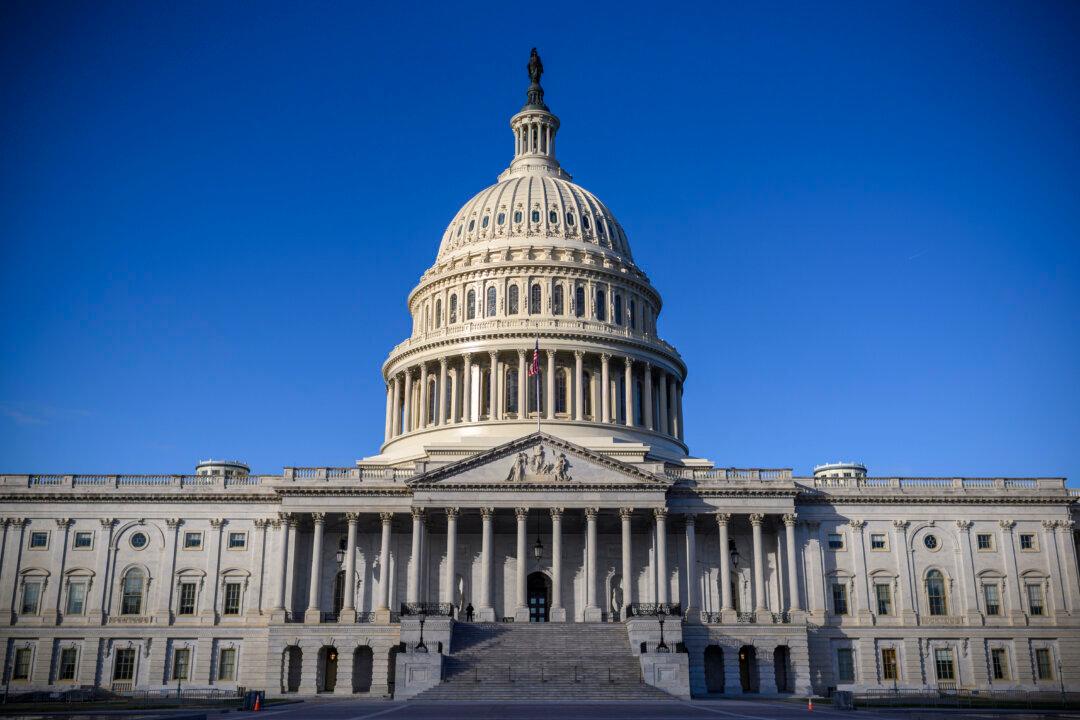The European Medicines Agency (EMA), a regulatory body of the European Union, said that the vaccine producer AstraZeneca should make mention of rare blood clots as a possible side effect.
Emer Cooke, the executive director of the EMA, said in a media briefing on Wednesday that after an in-depth examination of the vaccine, they arrived at the conclusion “that the reported cases of unusual blood clotting following vaccination with the AstraZeneca vaccine should be listed as possible side effects of the vaccine.”




